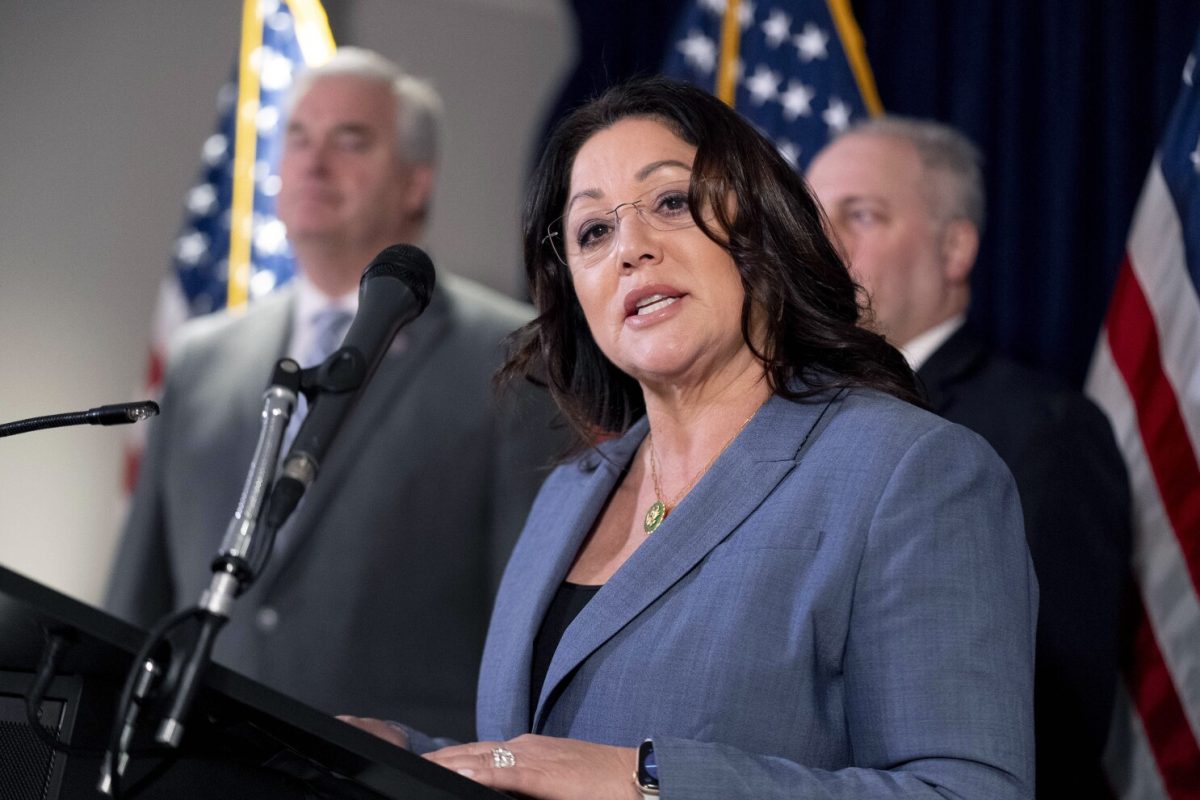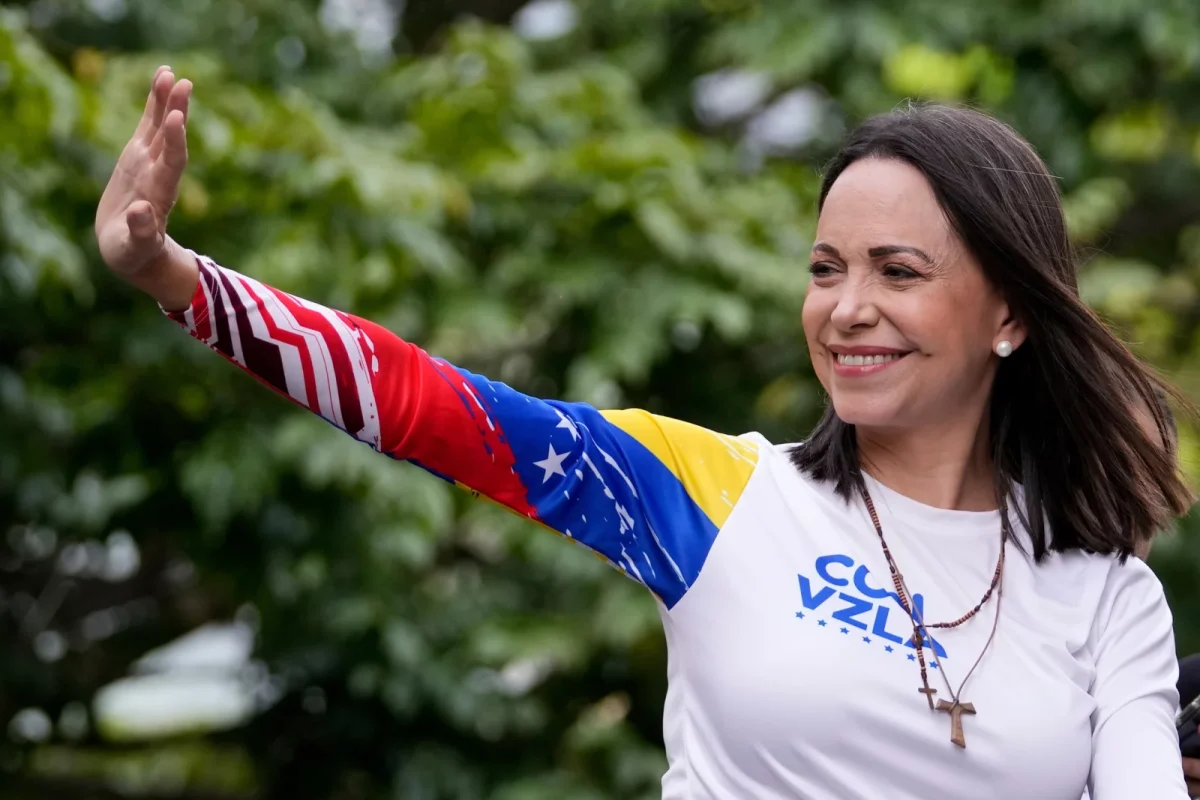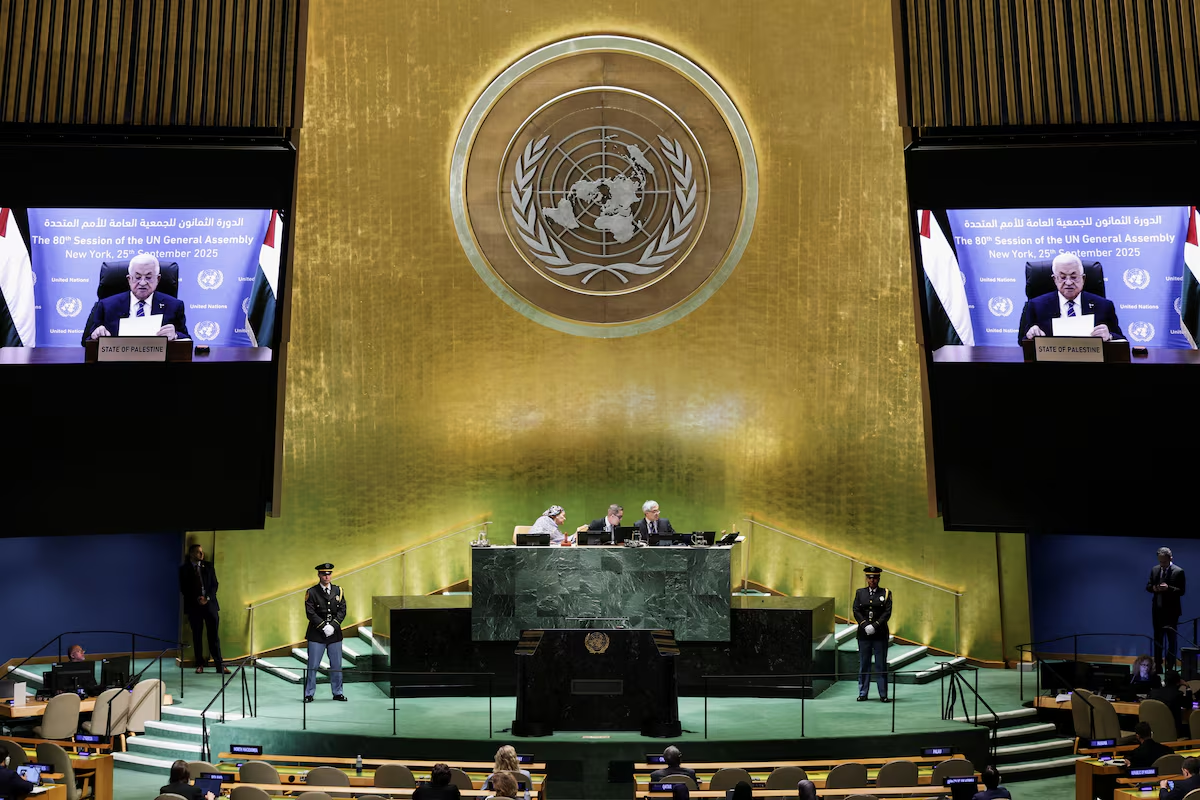Donald Trump has selected Lori Chavez-DeRemer, a pro-union ex-House Republican, as his administration’s Secretary of Labor. Unions and those on the political Left have expressed hope and skepticism about this selection as a changing Republican party begins to take form.
The Secretary of Labor is responsible for overseeing the Department of Labor, ensuring that the department enforces labor regulations and laws, creates new laws related to workers to be presented to Congress and collects job statistics. Thus, the organization of the Department of Labor determines the relationship that businesses and labor unions have with the federal government and each other.
“I’m proud to be endorsed by a powerful coalition of supporters who work every day to strengthen our communities. From first responders and labor unions to small businesses and environmental advocates,” Chavez-DeRemer said in a post on X.
Many labor unions have supported Chavez-DeRemer as Trump’s Labor Secretary. Notably, the Teamsters Union has endorsed Chavez-DeRemer. Other unions have shown support for Chaves-DeRemer but remain skeptical of the Trump administration and the Republican party, such as the National Education Association (NEA).
“Congratulations to @LChavezDeRemer on your nomination! North America’s strongest union is ready to work with you every step of the way to expand good union jobs and rebuild our nation’s middle class,” President of the Teamsters Union Sean O’Brien said in a post on X.
It is no shock that Chavez-DeRemer has received such support from labor unions even though she has strongly advocated for Trump. She has consistently been a pro-union voice in the GOP, even backing the PRO-Act, a piece of legislation pushed by the Biden administration to greatly reduce labor union restrictions.
“President Trump expanded on his Working Class coalition by speaking directly to hardworking Americans. This is a true political realignment. We must continue to be the party of the American Worker,” Chavez-DeRemer said in a post on X.
During Trump’s first term, he selected pro-business individuals, like Eugine Scalia, for key positions and generally reduced regulations on labor. For these reasons, some find it debatable what direction the administration will go in.
“This record [Chavez-DeRemer’s] stands in stark contrast to Donald Trump’s anti-worker, anti-union record, and his extreme Project 2025 agenda that would gut workplace protections, make it harder for workers to unionize, and diminish the voice of working people,” The NEA said in a statement.
The inclusion of pro-union individuals in Trump’s administration is another example of the Republican party’s changing character. Trump’s diverse ideological group in his administration paints a picture of a coalition.
Whereas at one time, under the Bush administration or even under the first Trump administration, the neo-conservative faction was dominant in the Republican party — largely dictating the national policies from labor to foreign relations.
Look no further than the fact that ex-Democrats like Robert Kennedy Jr. and Tulsi Gabbard will coexist in the same administration as neo-Conservatives like Marco Rubio and billionaire technologists like Elon Musk.
There are predictable aspects of the Trump administration, but many of the directions and choices represent the various interests that Trump has come to champion. Some of these interests may be contradictory, though he must balance competing ideals.









